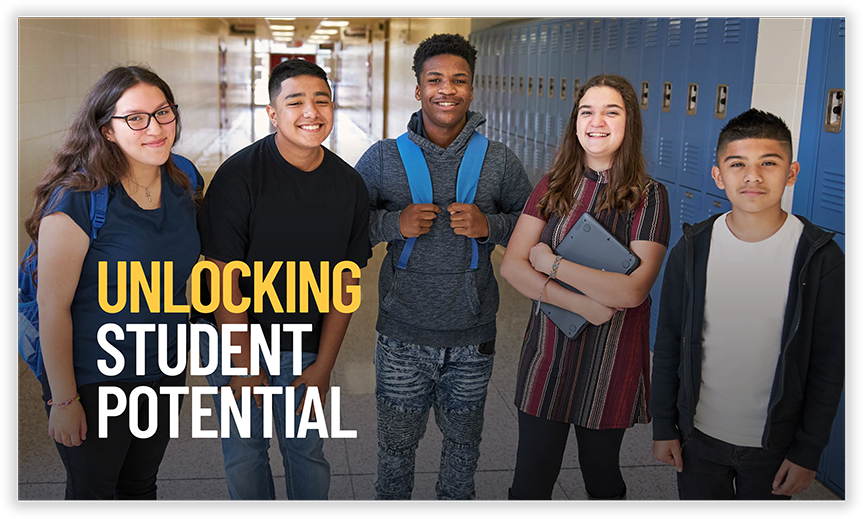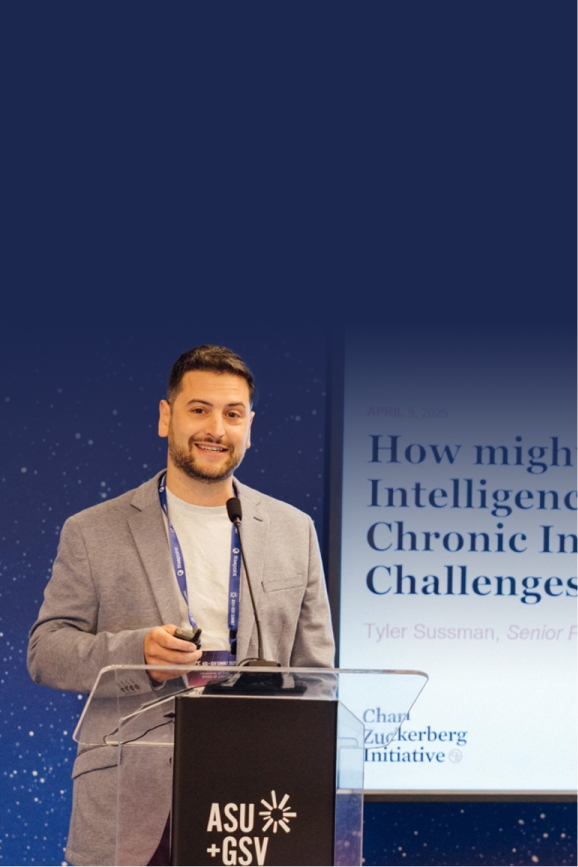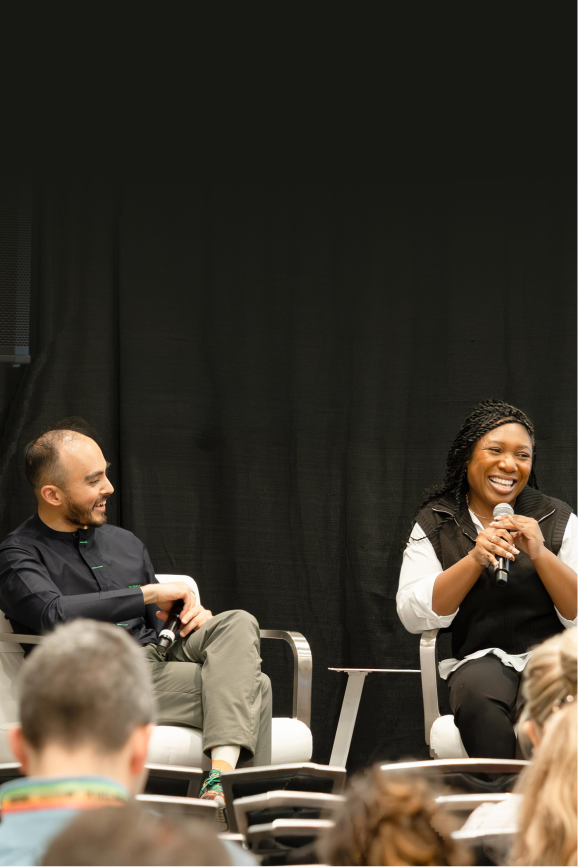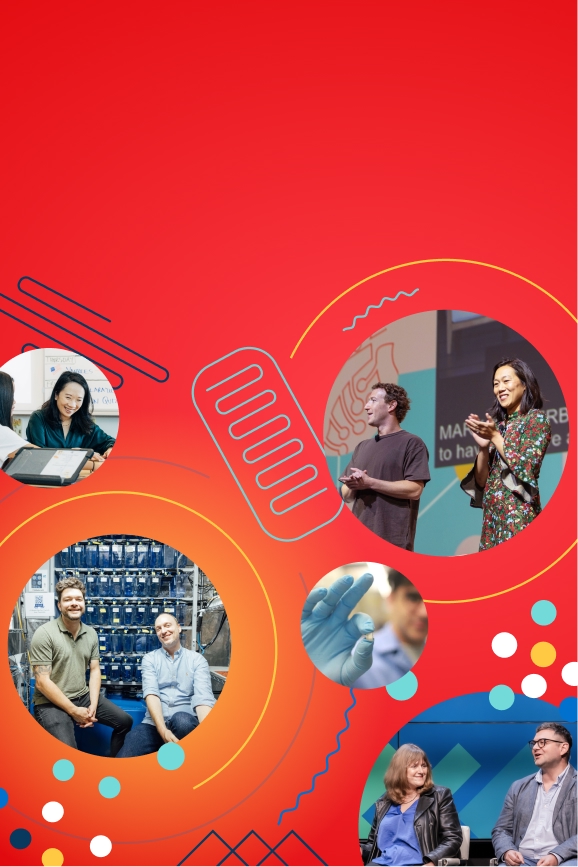Because Every Learner Matters
Learning Commons builds on over a decade of CZI’s extensive investment and progress, with a renewed focus on scaling what works in education. Through shared, open infrastructure built for the public good, Learning Commons aims to expand access to effective teaching and learning practices — so that every learner has the opportunity to thrive.
Learn More
(Opens in a new window)

Building the Future of Education
Our mission is to bring learning science into the tools used every day by teachers and students. That is why we’re bringing together educators, researchers, and developers to build open, research-driven technology that reflects the realities of classrooms and strengthens teaching and learning. By combining technical expertise with real classroom insights, we’re supporting resources that are rigorous, connected, and designed to accelerate progress across the field.

A Decade of Impact
Over the past decade, we’ve made grants to advance research on learning and human development. We’ve also built products and tech platforms for and with teachers — grounded in research that guides how kids learn best — to translate those insights into classroom practice. Through our unique approach, which combines grantmaking with technology building and, most recently, building AI infrastructure, we are helping accelerate the development of edtech products for the public good that are more accurate, aligned with state academic standards, and backed by learning science.
“We know so much about teaching and learning. It’s time to build better tools to go deeper with that knowledge.”
News & Stories
Interested in learning more about our work in education? Get the latest information from the links below.
Meet Our Team
Leadership
Sandra Liu Huang
President, Learning Commons
Meghan Brenneman
DIRECTOR, RESEARCH AND LEARNING
Raymonde Charles
Vice President of Communications, Learning Commons & Ventures
Alex Gibbons
Principal Software Engineer
Helen Hwang
SENIOR DIRECTOR, STRATEGIC PARTNERSHIPS AND PRODUCT MARKETING
Lesley Kao
Director, Product Management
Dan Quine
Senior Director, Engineering and AI, Learning Commons
Meagan Ryan
Director, Product Design
Merve Uzunoglu
PRODUCT MANAGEMENT DIRECTOR, PRIVACY AND SECURITY
Kristin Vincent
Senior Director, Product, Design & User Research
Frankie Warren
PRODUCT MANAGEMENT DIRECTOR, AI DEVELOPER TOOLS
Advisory Board
Dan Carroll
Clever
Richard Culatta
ISTE & ASCD
Bethanie Drake-Maples
Atypical AI
Louis Gomez
UCLA
Babak Mostaghimi
LearnerStudio
Amelia Vance
PUBLIC INTEREST PRIVACY CENTER


















